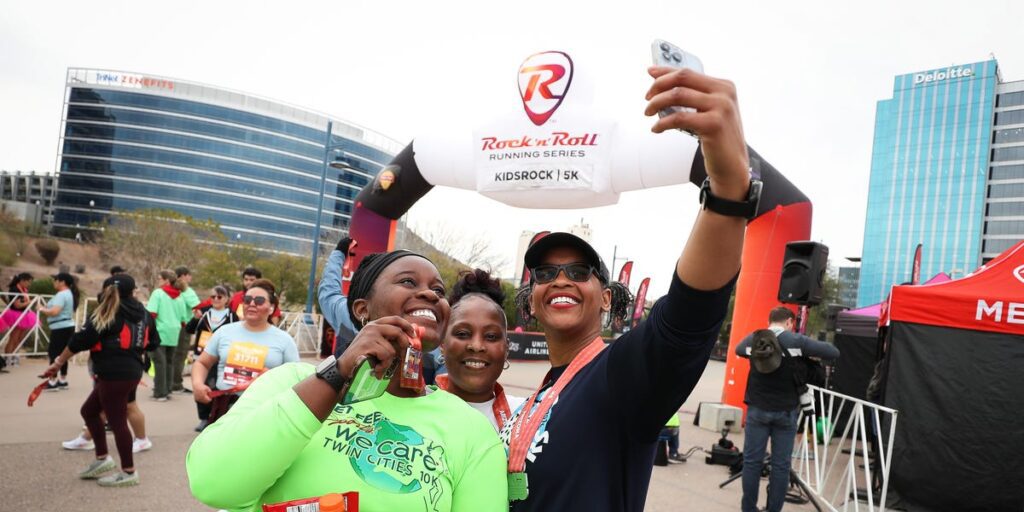Preparing for a marathon is a monumental journey that often takes months, involving adherence to a rigorous training plan, countless hours of dedicated workouts, and long runs. However, while most marathoners focus on the race itself, it’s equally essential to consider the period immediately following the race. The way you handle your post-marathon experience can significantly impact your recovery and overall enjoyment of the accomplishment.
Crossing the finish line is an extraordinary achievement that should be celebrated. Remember, only a small fraction of the U.S. population, about 0.13%, has completed a marathon, according to a 2023 report by RunRepeat. Therefore, acknowledging this accomplishment is vital. In light of insights gathered from race organizers, coaches, and elite runners, here are several essential considerations to keep in mind as you transition from race day into recovery.
Keep Moving After Crossing the Finish Line
While instinct may drive you to stop and rest after finishing a marathon, it’s crucial to keep moving. Race management experts, such as Michael Clemons, emphasize that maintaining forward motion helps avoid crowd congestion at the finish area. Runners are encouraged to walk slowly to allow others to finish while still heading towards designated recovery areas. This method not only preserves the flow of the event but also assists your body in its recovery process.
Avoid Overloading in the Fuel Zone
After completing the marathon, runners often flock to the fuel zone for refreshments, including water, sports drinks, and snacks like bananas and granola bars. However, caution is advised here—taking too many items can lead to shortages for those finishing later in the race. As Clemons notes, it’s important to be considerate, as there are fellow runners behind you who also need nutrition to recover.
Delay Checking Your Watch
Many runners feel the need to stop their watches the instant they cross the finish line, but it’s beneficial to wait a moment. Race organizers typically hire professional photographers to capture finish-line moments. If you stop your watch immediately, you may miss out on a great celebratory photo. Allow yourself a brief moment to soak in the joy of completing the race before attending to your watch.
Celebrate Your Achievement
Regardless of your race outcome, it’s important to celebrate. Treat yourself to a nice dinner or plan a trip, as taking time to recognize your hard work can boost morale. Elite runners, such as Sharon Lokedi, emphasize the importance of marking significant races with celebrations. Acknowledging your achievement, no matter where you finish, contributes to a positive mindset for future training.
Focus on Reflection After the Race
Post-race reflection is a critical step that often gets overlooked amidst the hustle of life. Taking time to assess what went well, what could have been improved, and what you learned can enhance future training cycles. Coach Abeo Powder suggests journaling your experiences and feelings associated with the race. Consider asking yourself reflective questions to understand your performance better and to develop strategies for improvement.
Pause Before Posting on Social Media
The immediacy of social media often encourages sharing race results online right away. However, taking a moment to process your emotions can be more beneficial. Many runners experience a range of feelings at the finish line, from joy to disappointment. Allowing yourself time to reflect on the race may lead to a more meaningful post when you decide to share your experience on social platforms.
In conclusion, post-marathon care and reflection are just as vital as the training leading up to the event. Adopting strategies such as keeping moving after crossing the finish line, being mindful in the fuel zone, and taking time to celebrate and reflect can significantly enhance your overall marathon experience. Remember that this journey is about both the race and the recovery, allowing you to grow as an athlete and prepare for future challenges.
